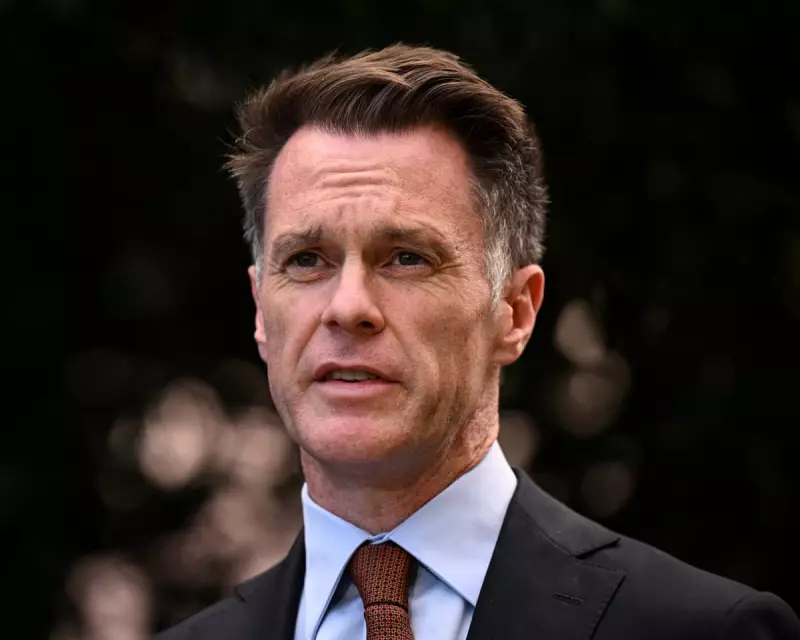
Controversial Loophole Emerges in NSW Child Protection Reforms
The Minns government in New South Wales has introduced legislation intended to strengthen protections for children against incarceration, but critics warn a significant loophole could actually lead to more young people being locked up.
On Tuesday, the government announced it would legislate the common law presumption known as doli incapax, which recognises that children aged 10 to 14 cannot commit offences because they lack the capacity to understand the difference between right and wrong.
The 'Seriously Wrong' Test
The proposed bill contains a controversial provision allowing prosecutors to overturn this protection if they can prove beyond reasonable doubt that the child knew their conduct was seriously wrong rather than merely naughty.
More concerningly, the legislation permits courts to make conviction decisions without or despite evidence of the child's intellectual or moral development, including any intellectual impairments.
Associate Professor John Kasinathan, a University of New South Wales expert in adolescent forensic psychiatry, expressed serious concerns about this approach. "Considering a child's intellectual and moral development is at the core of doli incapax and, if we are ignoring that, that's ignoring a large aspect of understanding what's going on for the child," he stated.
Contradicting Expert Recommendations
The reforms follow an independent review conducted by former Supreme Court justice Geoffrey Bellew and former NSW police deputy commissioner Jeffrey Lloyd. While their report recommended legislating doli incapax, it notably did not recommend allowing courts to set aside consideration of a child's intellectual and moral development.
The review emphasised that rebutting the presumption requires "consideration of the child as a unique individual, and an assessment of a wide variety of matters." It also noted that youth crime concerns must be balanced against data showing only a small proportion of children in the 10 to 13 age group engage in serious or persistent offending.
The government commissioned the review after a 2016 High Court decision (RP v The Queen) dramatically changed how doli incapax was applied. That ruling established that the presumption could only be rebutted if police proved the child understood their actions were seriously wrong, requiring evidence about the child's environment and moral development.
The impact was substantial: Bureau of Crime Statistics and Research data shows the proportion of 10- to 13-year-olds with proven outcomes in NSW children's court fell from 76% in 2015-16 to just 16% in 2022-23, despite charging rates remaining stable.
Alternative Evidence Pathways
NSW Attorney General Michael Daley defended the changes, noting practical difficulties in obtaining evidence about children's capabilities. "School psychologists and counsellors are reluctant to hand over their reports," he explained, "and often there are children, particularly in regional NSW, [who] just haven't been to school for years."
Instead, prosecutors could consider evidence such as whether a crime was planned or whether alleged offenders brought weapons. Premier Chris Minns suggested defence lawyers could still introduce evidence about mitigating circumstances.
However, Timothy Roberts, president of the NSW Council for Civil Liberties, argued the government's proposed bill directly contradicts the High Court decision. Meanwhile, Sue Higginson, the NSW Greens' justice spokesperson, described discovering the loophole as a "shock" and announced she would move an amendment to strike it out.
"It's contrary to the review and it completely undermines the entire meaning and substance of doli incapax," Higginson stated, highlighting the significant concerns surrounding what was intended as protective legislation.





